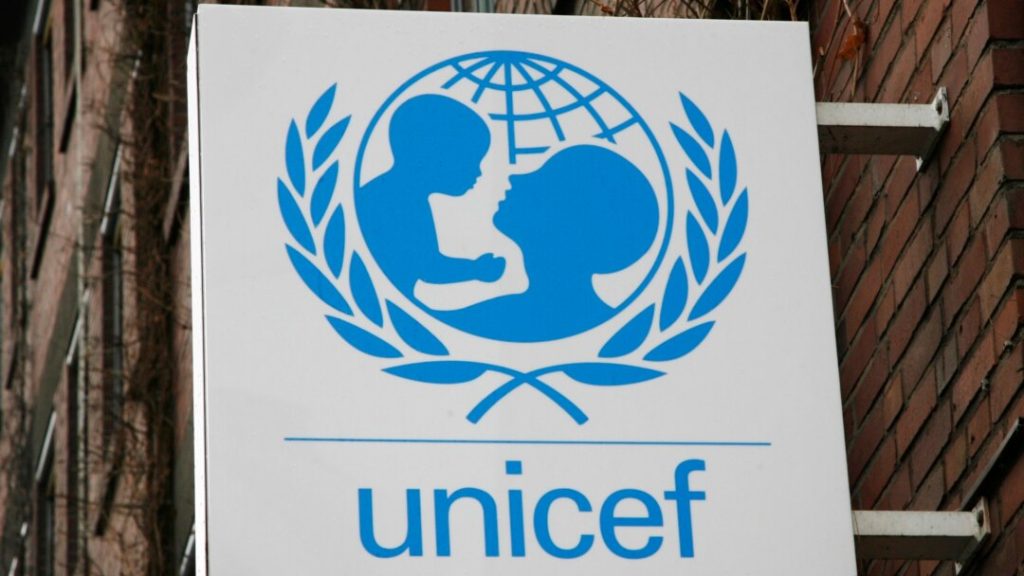UNICEF has reported that around 1,000 critically ill patients in Sudan’s war-torn Darfur region have been left without access to safe drinking water after artillery fire struck a water tanker at a hospital in El-Fasher.
The Saudi hospital—one of the few remaining operational medical facilities in El-Fasher, the capital of North Darfur—was housing a UNICEF-supported water truck when it was destroyed during the shelling. The city, home to an estimated two million people, is the only state capital in Darfur not under the control of the paramilitary Rapid Support Forces (RSF). However, it has been under siege by the group since May 2024.
“Yesterday, a UNICEF-supported water truck in the Saudi hospital compound, El-Fasher, was destroyed by artillery fire, disrupting access to safe water for an estimated 1,000 severely ill patients,” the UN children’s agency said in a statement on Wednesday.
UNICEF condemned the attack and urged all parties to respect international humanitarian law and cease targeting civilian infrastructure. “UNICEF continues to call on all parties to abide by their obligations under international humanitarian law and end all attacks on or near critical civilian infrastructure,” the agency added.

Sudan has been engulfed in a brutal conflict since 2021, pitting the army, led by General Abdel Fattah al-Burhan, against the RSF, commanded by his former deputy Mohamed Hamdan Daglo. The fighting has split the country, with the army holding the north, centre and east, while the RSF controls most of Darfur and parts of the south.
On Wednesday, the Sudanese army accused the RSF of targeting densely populated areas in El-Fasher, further exacerbating the humanitarian crisis.
Earlier this year, the International Committee of the Red Cross warned that 70 to 80 percent of health facilities in conflict-affected regions were no longer operational, highlighting El-Fasher as a critical example.
The war has already claimed tens of thousands of lives and forced more than 13 million people from their homes—5.6 million of them in Darfur alone. The United Nations has labelled the situation the world’s worst humanitarian crisis.
Both warring factions have faced accusations of war crimes, including attacks on civilians, indiscriminate shelling of residential areas and the obstruction of humanitarian aid.

